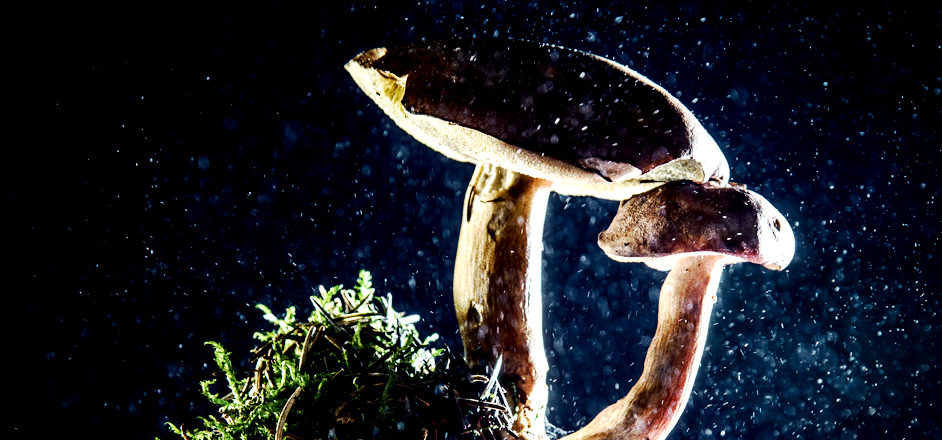If there existed a totally natural, nutritious supplement that promotes brain health, neural-regeneration and even mind expansion, would you take it?
What if that same supplement could also prevent neurodegenerative diseases like Alzheimer’s and dementia later in life? And what if, further, it was a scrumptious gourmet edible that you could grow right at home using only a bucket and some dirt?
They exist! And are known as “smart mushrooms” — some wholly legal, and some not.
One is known as lion’s mane, a super-fungus. It’s legal. This culinary mushroom looks like an ivory cheerleading pompom: big, round, and white. It grows on trees and is characterized by its beautiful, cascading, icicle-like spines.
“It’s very likely going to come right to the forefront of human health, in terms of preserving mental agility in age,” says Paul Stamets, a renowned mycologist from Washington.
Stamets has been studying mushrooms for over 40 years, and has received numerous scientific awards and international recognition for his research. He’s the go-to guy for fungi guidance, and much of his work focuses on lion’s mane mushroom and its neuro-regenerative properties.
“I think [lion’s mane] is rapidly becoming a premiere species, that could be an adjunct to conventional medicine,” he says.
Stamets explains that lion’s mane simultaneously regenerates myelin on the brain’s nerve endings and removes amyloid plaque, one of the hallmarks of Alzheimer’s disease. Basically, it cleans the brain’s nerve endings like a toothbrush cleans teeth, protecting them from disease and degeneration, and even encouraging growth.
In the lab, this has produced some mind-blowing results.
“[This] is a real key, not only for older people, but I think for young brains that are developing, neurogenesis could have tremendous benefits to make younger people smarter,” Stamets says. “So, it’s not just about age related illness, I think the potentiation of neurogenesis could benefit people in all age groups.”
But lion’s mane isn’t the only “smart mushroom” in town. Psilocybe cubensis (AKA “magic mushrooms”), have some very similar neurogenesis qualities, too.

Researchers from the University of South Florida, studying the effects of psilocybin on fear responses, found evidence in mice that psilocybin also stimulates brain growth and healing. After dissecting the mice in the study, fresh growth on their brains’ nerve endings was found — indicating neurogenesis (much like the lion’s mane).
This brings a whole new meaning to the concept of psychedelic “mind expansion.”
It raises some perplexing questions: where do we draw the lines between food, drugs, and illegal intoxicants? And better yet, how do we draw those lines? What makes one mushroom medicinal, another purely culinary, and yet another a schedule I drug?
“We’re influenced by the foods that we eat,” says Stamets. “We have these foods that have constituents, the question becomes how do you standardize them? How do you normalize them?”
And therein lies the fungal root of this strange situation. Backwards laws maintain the status quo and prevent legitimate research. In lion’s mane and magic mushrooms, we have two totally natural, organic foods that have medicinal potential to expand our cognitive abilities and preserve the knowledge and wisdom of our elderly. And yet one is highly illegal, and the other is almost totally unrecognized by conventional medicine.
Stamets isn’t without hope, though. He even sounds optimistic.
“We’re at the very beginning of a mycological revolution in bio medicine,” he says, confidently. “And it’s something that we’re very much excited to be at the forefront of.”
—–
WHAT A FUNGI!
One-liners dad would be proud of.
-Why did the fungi leave the party?
There wasn't mushroom!
-Did you hear the joke about the fungus?
I could tell you, but it might need time to grow on you!
-Why didn't the mushroom ditch school?
He didn't want to get in truffle!
-What do mushrooms eat when they sit around the campfire?
S'pores!



Leave a Reply
You must be logged in to post a comment.